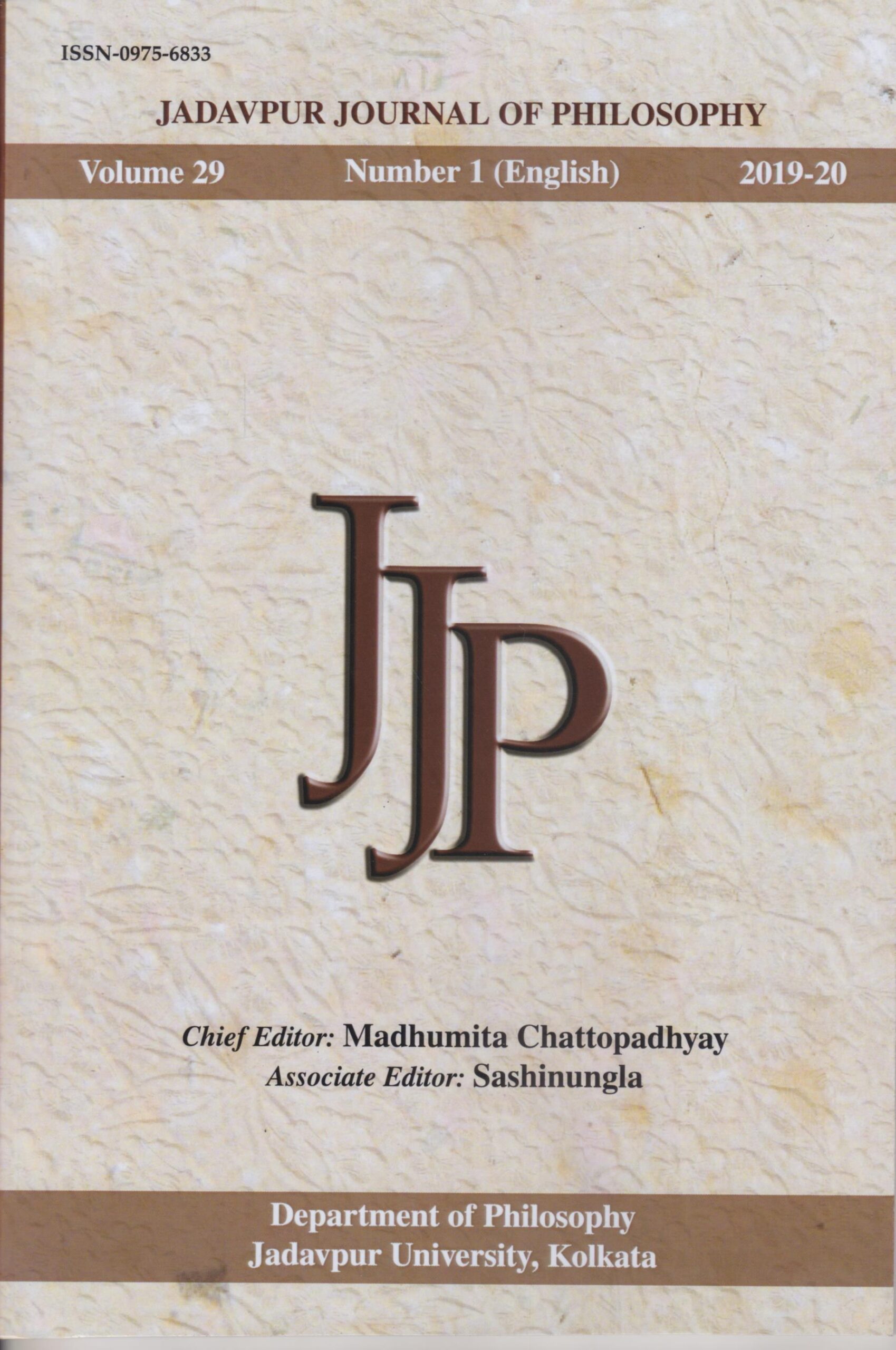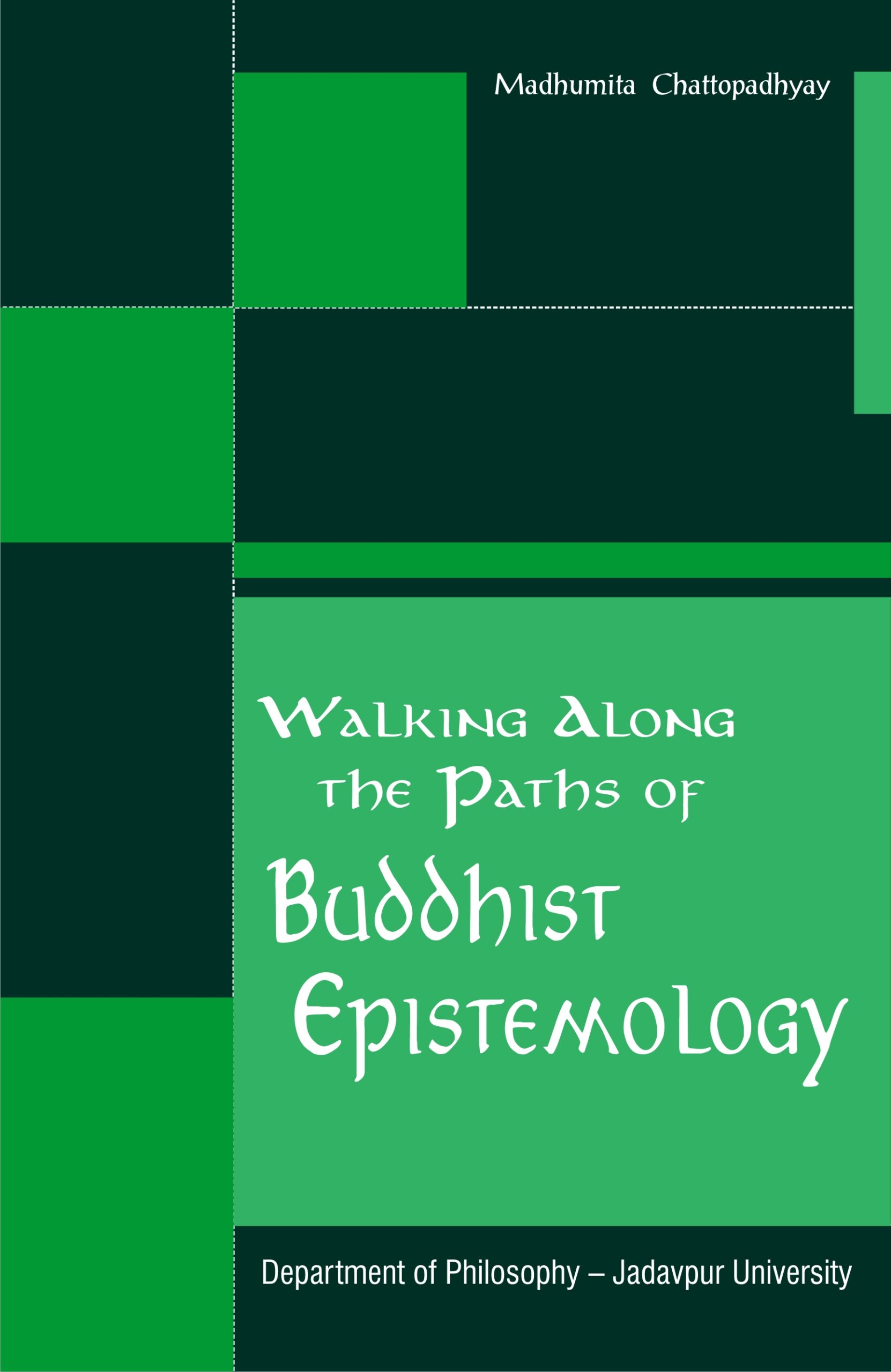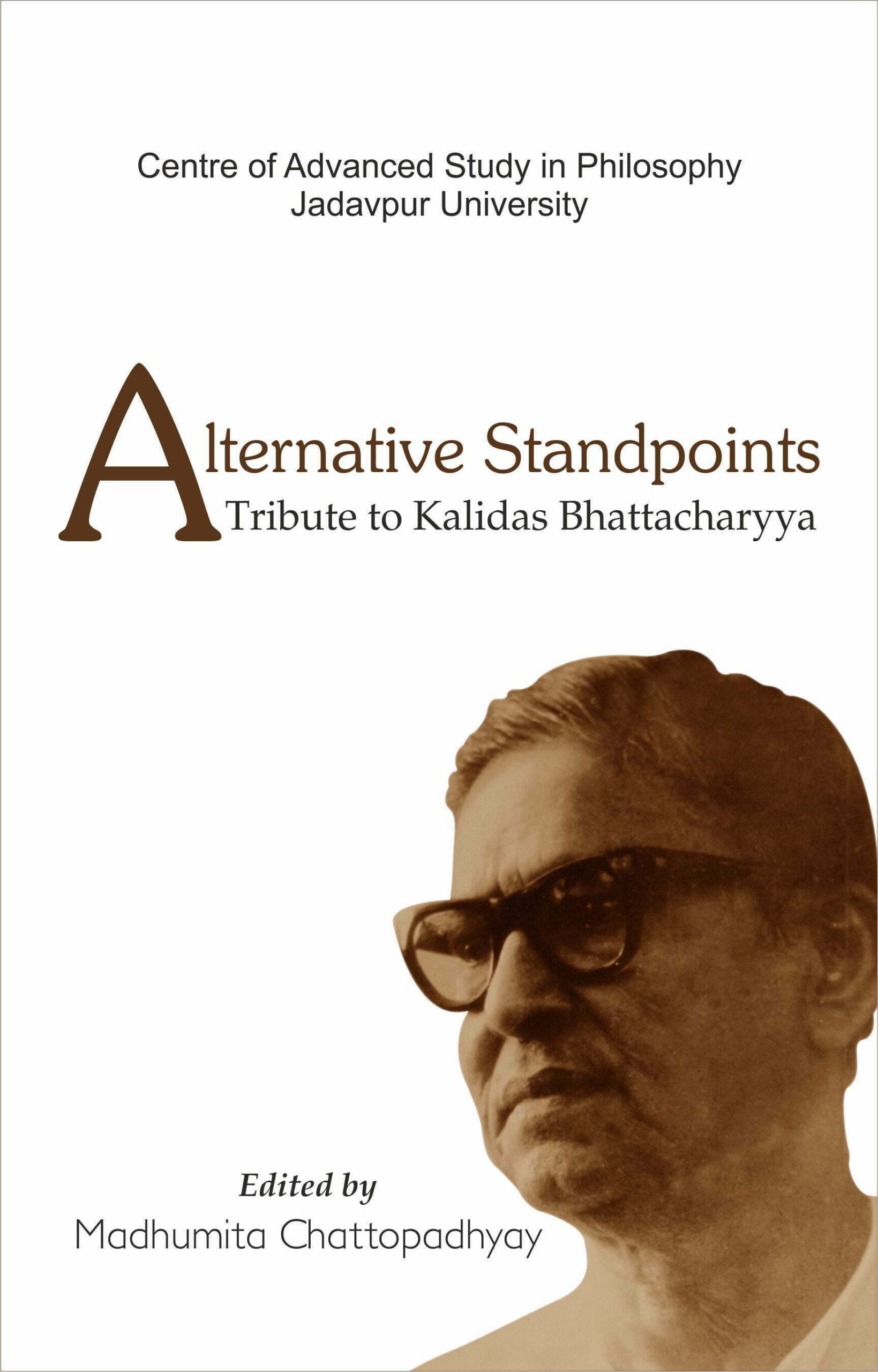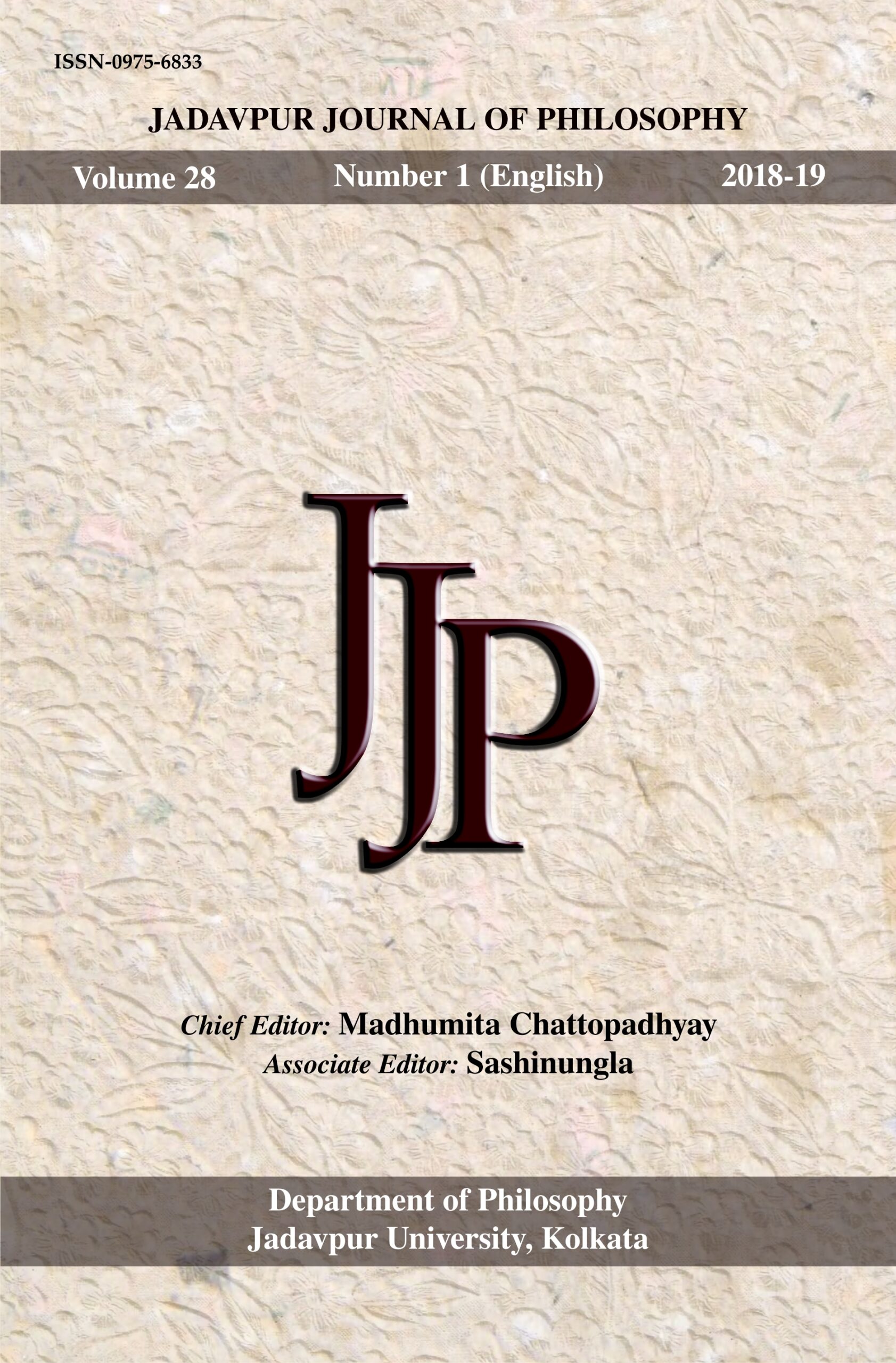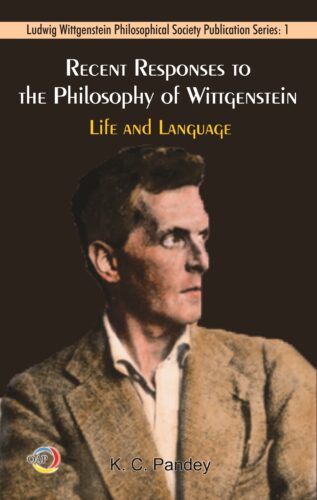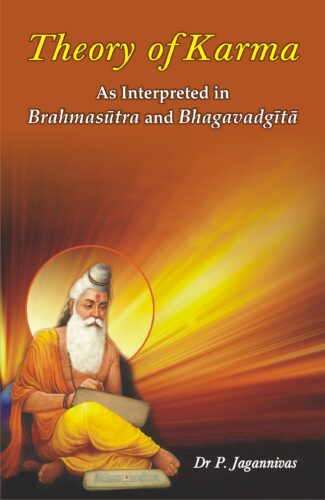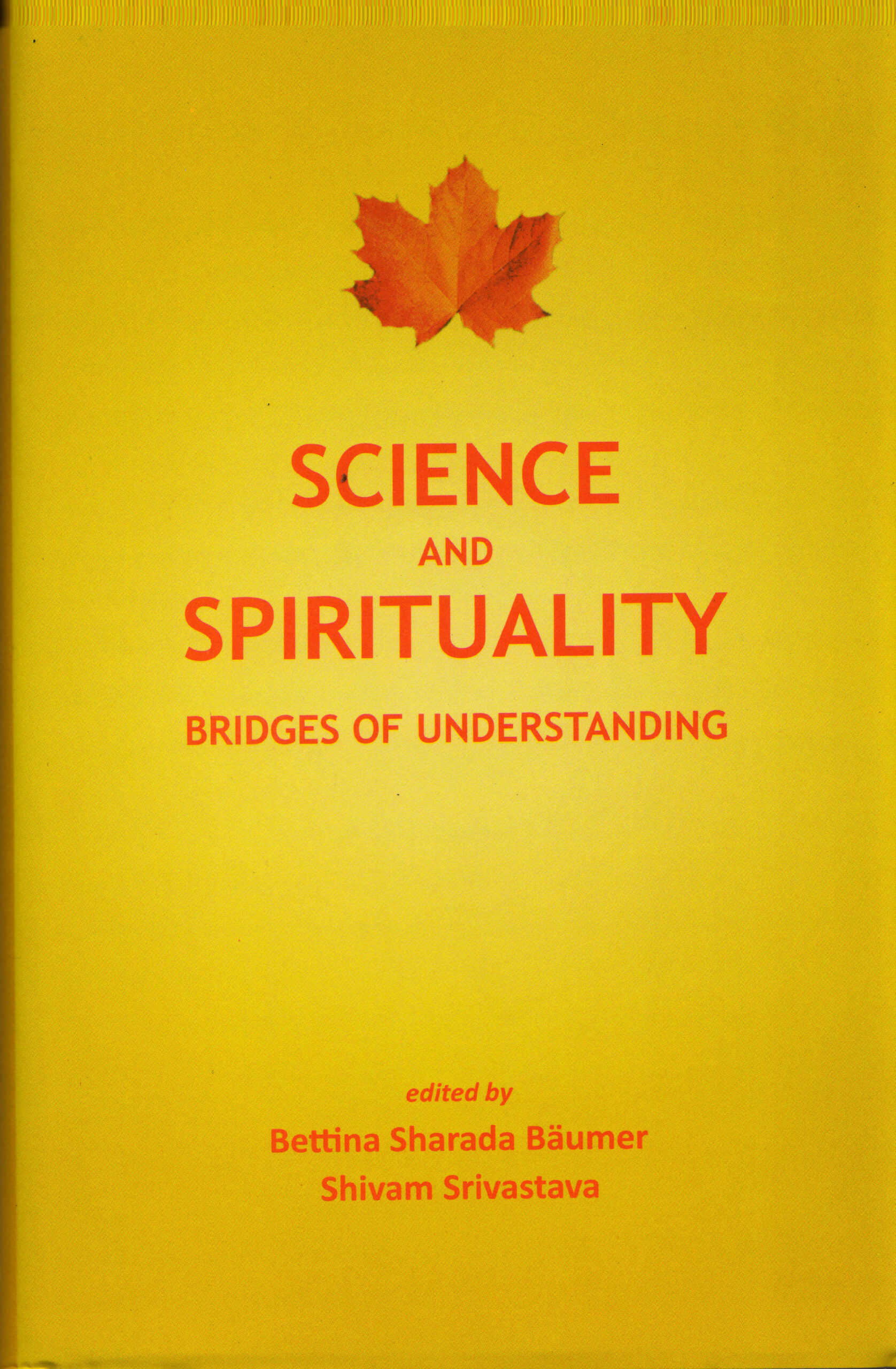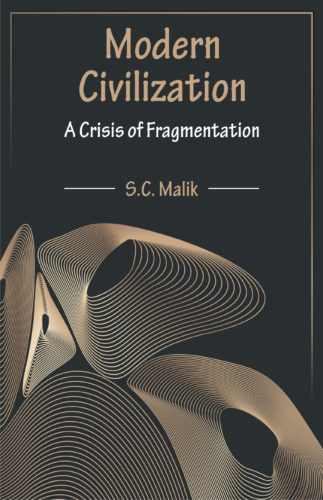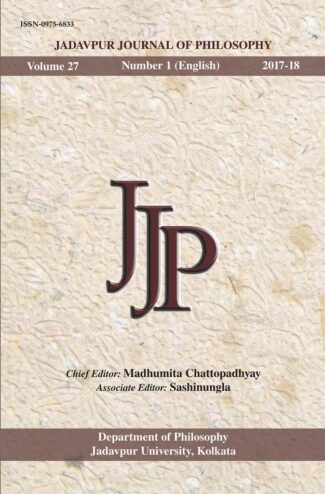

Jadavpur Journal No....
Jadavpur Journal No. 27
by: Madhumita Chattopadhyay , SashinunglaJadavpur Journal of Philosophy is a refereed, bi-issue journal, in English (No. 1) and Bengali (No. 2) published annually by the Department of Philosophy, Jadavpur University, Kolkata, India. The journal volume in Bengali is titled Darsan Biksa. The journal is devoted to the publication of original scholarly papers in any branch of philosophy. Its objective is to encourage contributions from scholars, dealing with specific philosophical problems connected with their respective fields of specialization.
₹300.00 Original price was: ₹300.00.₹270.00Current price is: ₹270.00.
ISBN: 9788100000786
Year Of Publication: 2018
Edition: 1st
Pages : 143p.
Language : English
Binding : Paperback
Publisher: Jadavpur University
Size: 23
Weight: 250
Jadavpur Journal of Philosophy is a refereed, bi-issue journal, in English (No. 1) and Bengali (No. 2) published annually by the Department of Philosophy, Jadavpur University, Kolkata, India. The journal volume in Bengali is titled Darsan Biksa. The journal is devoted to the publication of original scholarly papers in any branch of philosophy. Its objective is to encourage contributions from scholars, dealing with specific philosophical problems connected with their respective fields of specialization.
- Sale!Recent Responses to the Philosophy of Wittgenstein by: K. C. Pandey
₹1,800.00Original price was: ₹1,800.00.₹1,620.00Current price is: ₹1,620.00.The essays contained in this anthology explore philosophical issues which have often been raised during recent debates and discussions in Wittgensteinian epistemology, theology, logic, ethics, religion, social science, cultural studies, psychology and language. It is based on the idea that Wittgenstein’s thoughts have not only been interpreted by the academicians in philosophy, but have been used as a method in many other fields of Humanities and Social Sciences as well. Keeping in view this idea, the book gives a fresh interpretation from the perspectives of recent issues raised on life and language in the philosophy of Wittgenstein. It discusses Wittgensteinian issues through the perspectives of the Indian as well as the contemporary world.
- Sale!Theory of Karma: As Interpreted in Brahmasutra and Bhagavadgita by: Jagannivas P
₹1,000.00Original price was: ₹1,000.00.₹900.00Current price is: ₹900.00.Creation is a process, where the potential insentient matter (prakr̥ti) gets manifested into the gross form, to embody during the sr̥ṣṭi, each of the sentient entities called the ātmas with the suitable body either of deva, manuṣya, jaṅgama or of sthāvara. This glorious activity is orchestrated by the one and only Omnipresent, Omnipotent and Omniscient Reality called Brahman. But one question remains still an enigma, as to why a particular sentient entity gets a specified body and through whose direction that decision arrives? The ancient Vedāntic knowledge reinforced by the Brahmasūtra and the Bhagavadgītā establishes that it is, purely and solidly, the result (karma-phala) of earlier actions (karmas) of each one of the sentient entities. This is a strong and formidable solution to the unanswered questions like why does, one child being blessed to be born in either rich or healthy and sāttvic family and another child being consigned to be born in a family living in poor conditions or unhealthy tāmasic environment.
This book would engage the readers to think on those lines by supplying enough material on karma-adhikāratva, jīva-kartr̥tva and Divine intervention. - Sale!Vada in Theory and Practice by: Radhavallabh Tripathi
₹1,300.00Original price was: ₹1,300.00.₹1,170.00Current price is: ₹1,170.00.Vada, meaning debates, dialogues, discussions, was the quintessential of Indian spirit, enabling and promoting the growth of different philosophical and knowledge systems of India. It percolated deep into our mindset and enriched the moral, ethical, religious and sociocultural edifice of anything that was essentially Indian in nature. As continuation of Anvikshiki from the bc era, vada helped thrive Indian traditional knowledge systems. It subsists on diversity and its tradition envisages pluralism.
Most of our Sanskrit works, covering a wide gamut of knowledge systems, are structured in the techniques of debate. This reality applies not only to the philosophical writings, but to Indian medical systems (Ayurveda), Arthashastra of Kautilya and Kamasutra of Vatsyayana as well. Even great epics like Ramayana and Mahabharata are no exceptions.
Vada culture involved verbal duals, attacks and even violence of speech, and all major religious systems — old or modern — were parties to it. This book also elucidates how vata was vital and critical for the growth of our socio-political fabrics. It shows how some of the major conflicts in philosophical systems were centred around karma, jnana, choice between violence and non-violence, pravritti and nivritti. It also presents the manifestations of vada on a vast canvas during the nineteenth and twentieth centuries. Modern spiritual and religious gurus like Ramana Maharshi, J. Krishnamurti and Vinoba Bhave were men of dialogues. Our scholars have applied the varied techniques of vada against the philosophical and scientific systems of the West to prove them correct.
This collector’s issue should enthrall a wide audience of philosophers, scholars and believers in Indian knowledge systems. - Sale!Science and Spirituality by: Bettina Sharada Bäumer
₹1,000.00Original price was: ₹1,000.00.₹900.00Current price is: ₹900.00.A dialogue between science and spirituality is a necessity in our times where both, differences and mutual enrichment of the two great fields of human approach to reality, are taking place. This volume addresses this need from the perspective of different areas of science and spiritual traditions. The starting point is the intention of the founder of the IIAS, Dr S. Radhakrishnan, who saw that “both the practice of science and experience of spirituality are intimately related to being human”. Although much thought has gone into their relationship, the present volume intends to broaden and deepen the possibility of a harmonious integration, necessary to overcome the present-day crisis of humanity.
From the side of science, the contributors come from the fields of physics, plant biology, neuroscience, psychology, ecology and philosophy of science; and from the side of spirituality, following traditions and spiritual masters are represented: PÀtaðjala Yoga, Trika Œaivism of Kashmir, VedÀnta, Buddhism, Christianity, Theosophy, and Rabindranath Tagore, Swami Vivekananda and J. Krishnamurti. The deliberations included topics such as Awareness in plants, Neuroplasticity and Habit, appropriate use of terms such as “Consciousness” and “Energy” in different contexts, clarifying several issues concerning the on-going dialogue. The contributing scholars have built “bridges of understanding”, thus encouraging the reader to proceed further in this quest. - Sale!Modern Civilization by:
₹800.00Original price was: ₹800.00.₹720.00Current price is: ₹720.00.The crisis of the age inheres in this, that notwithstanding the century’s mind-numbing disasters, it persists in subscribing to propositions which have logically led to the atomization of the whole cloth of human experiencing, and being. Great indeed is the value which is placed on the procedure of analytic dismemberment. While the method has certainly been result-producing, materially, in its wake it has brought immense suffering – both physical and spiritual. The price paid for a lopsided advance is thirty major wars – with their toll of one hundred and thirty million lives, and the irreparable destruction of the natural environment. The time demands a reappraisal of the basic paradigms of human existence, but the hegemony of well-entrenched vested interests – material or intellectual – would seem to preclude this.
The “advanced” people among the mankind of the day become suicidally specialized. For, if the mechanical model of thought has been of advantage in man’s preceding unfolding, the same, what may be called the “survival” paradigm, now creates dangerous dualities, binary oppositions (you–me, body–mind, East–West, etc). The model has outlived its usefulness merely enforcing dormancy on a major part of the human brain.
It behoves mankind to choose wisely right now – since parallel to the socio-economic, scientific and technological revolutions there has got to be the overdue radical psychic transformation. The first step towards clearing the fateful crisis would therefore be to be aware and end the hold of the linear, causal, mechanical thought orientation over the intellectual culture of the times.
Delving deep into the epistemological cum ontological causation of the emergency confronting the being and becoming of man, this volume provokes the thoughtful lay reader to a serious engagement with his or her self.


